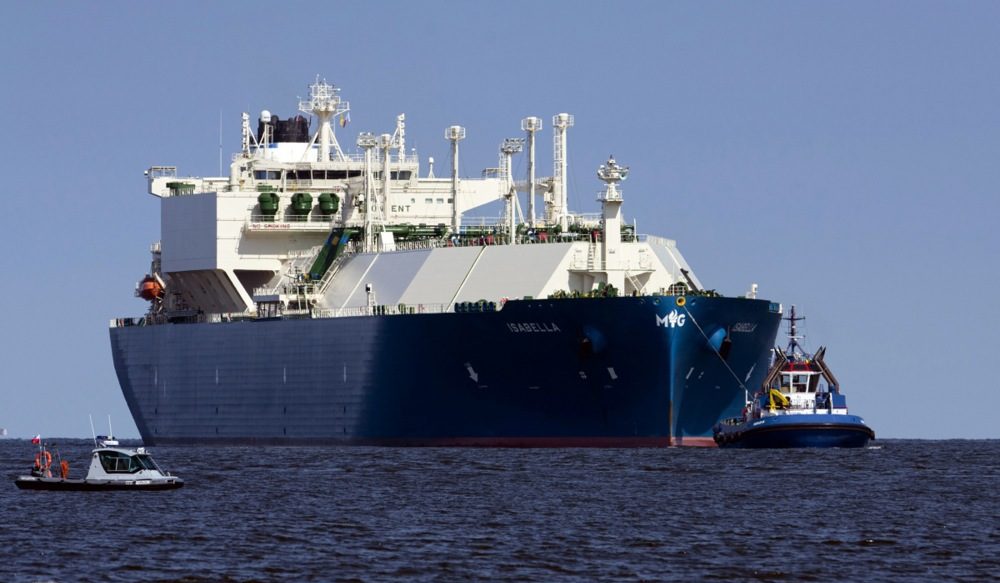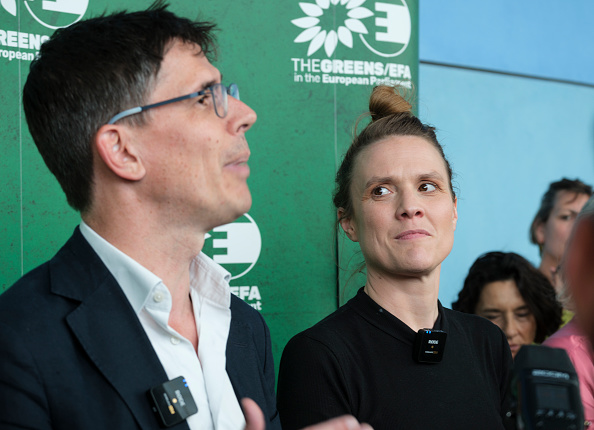Werner Hoyer, who led the European Investment Bank (EIB) from 2012 to January 2024, is under investigation by European Union prosecutors for alleged corruption, abuse of influence and misappropriation of EU funds.
The EIB agreed “to lift the immunity of two of its former employees, as well as the inviolability of its premises, buildings and archives”, said the European Public Prosecutor’s Office (EPPO) in a press release on June 24.
EU officials enjoy immunity from legal prosecution unless their institution expressly agrees to lift it.
The EIB’s decision to do so lets prosecutors “search the bank’s headquarters and take away relevant documentation”, said Stephen Rae, a Dublin-based journalist and financial crimes expert.
The EPPO’s success in convincing the EIB to waive its former president’s immunity “certainly shows the tenacity of the EPPO and its chief Laura Codruta Kovesi”, Rae added.
The announcement that Hoyer was under investigation posed a possible embarrassment for Germany’s Free Democratic Party (FDP), which had appeared on the verge of leaving the country’s ruling coalition over a budget dispute.
Hoyer served 25 years in the Bundestag for the FDP, noted Berlin-based journalist Maurits Kuypers, including twice as Europe minister.
Hoyer described the allegations as “absurd and unfounded”, in response to questions from the Financial Times.
Police officers have searched his home already, it was reported, in response to a request from EPPO.
The body initiated the probe, one of its most high-profile investigations since it was founded in 2021, following a request by the European Anti-Fraud Office, it said in the press statement. The EIB is the EU’s lending arm and the world’s largest multilateral development lender. Both institutions are based in Luxembourg.
The inquiry, which has also involved a second unnamed person, concerned compensation Hoyer allegedly approved for a departing EIB employee.
The EIB’s mission is to lend to development projects meant to help the world’s poorest people. But, critics said, Hoyer instead only invested more cautiously in the sorts of projects a profit-minded private lender might pick.
European Commission vice-president for competition Margrethe Vestager took an unpaid leave of absence in September 2023 seeking, unsuccessfully, to become Hoyer’s replacement.
Vestager’s candidacy faltered when she appointed US citizen Fiona Scott Morton as chief competition economist, with France in particular then expressing scepticism that Vestager would protect French interests.
When German Chancellor Olaf Scholz decided to back Spain’s then-deputy prime minister Nadia Calviño as a last-minute replacement candidate, it was enough to secure the post for Calviño, who took over in January 2024.





